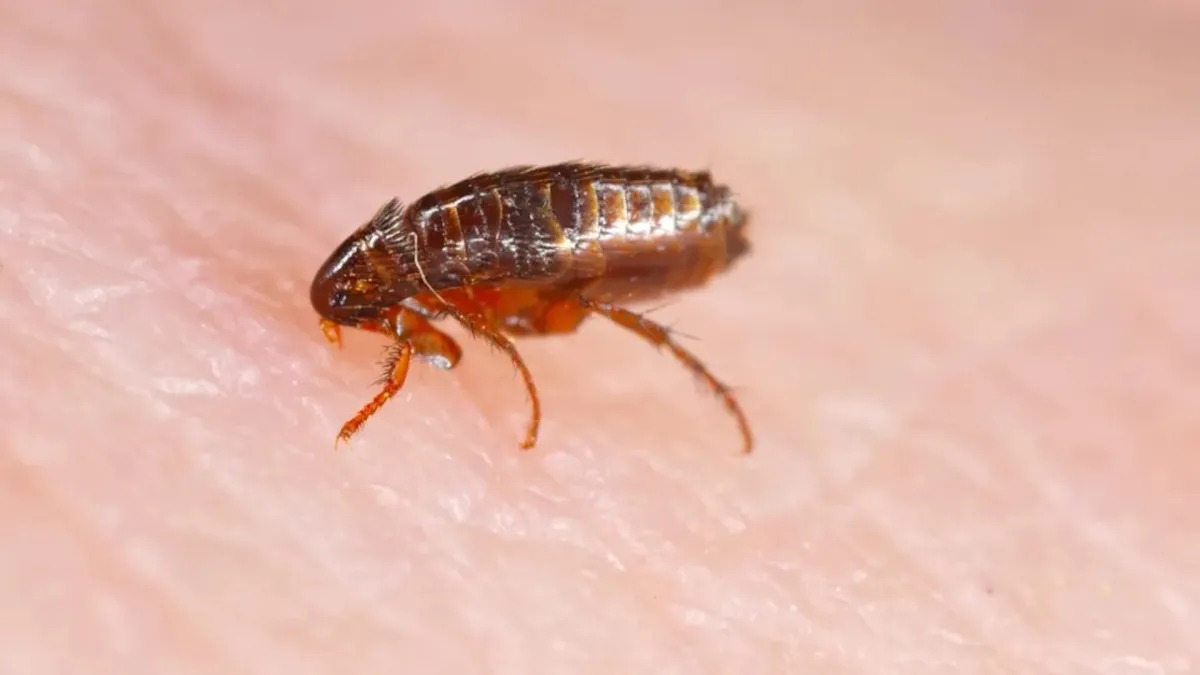Health officials in California are warning residents to take precautions after a case of a notorious disease was confirmed.
What’s happening?
Earth.com reported that a resident in South Lake Tahoe suffered an infection of the plague caused by a suspected flea bite.
Yes, that plague. The same disease that wiped out half of Europe in the 14th century has never been eradicated. It’s caused by the bacterium Yersinia pestis, which is spread to animals by fleas. A handful of cases are reported in the United States each year.
According to the Centers for Disease Control and Prevention, the disease spread to the U.S. in the early 1900s likely via an infected rodent on a steamship. There hasn’t been an urban case reported in over a century, though San Diego had a lucky escape in 1945 when World War II ended before a planned biological attack by the Japanese could be carried out.
The most common variant is the bubonic plague, characterized by fever, cramps, and painful swelling of the lymph nodes. If untreated, the infection can spread to the lungs (pneumonic) or the whole body (septicemic), which is almost always fatal.
“It’s important that individuals take precautions for themselves and their pets when outdoors, especially while walking, hiking, and/or camping in areas where wild rodents are present,” warned Kyle Fliflet, El Dorado County acting director of public health.
Why is a plague case concerning?
The plague is a vector-borne disease, meaning that it is transmitted to humans via the bites of infected vectors such as fleas, ticks, and mosquitoes. As the heat-trapping pollution produced by human activity causes global temperatures to rise, it creates the ideal conditions for diseases to spread.
A warmer planet means longer breeding seasons for vectors and extends their ranges. For example, infections of dengue fever, spread by mosquitoes, are skyrocketing across Europe and North America.
What’s being done about the plague?
Fortunately, doctors are adept at treating the plague, provided it is caught quickly enough. A round of antibiotics administered early on will cure the infection, so it’s important to help spread awareness of the warning signs. If, after a hike or camping trip in an at-risk area such as the Sierra Nevadas, you experience fever and tender lymph nodes, get medical attention immediately.
The California Department of Public Health also recommends sensible precautions, such as being mindful of warnings, keeping food secure, staying away from burrows, and treating pets with flea control products.
Join our free newsletter for good news and useful tips, and don’t miss this cool list of easy ways to help yourself while helping the planet.

